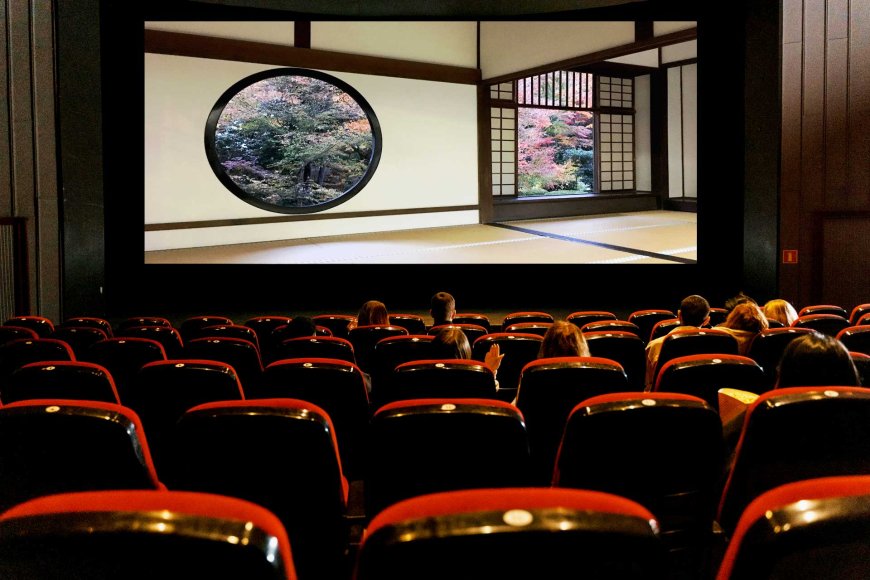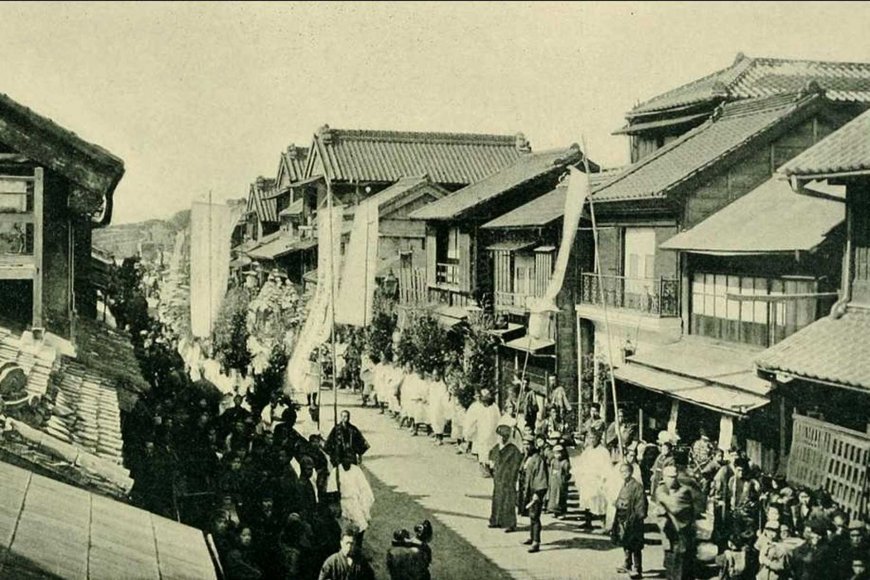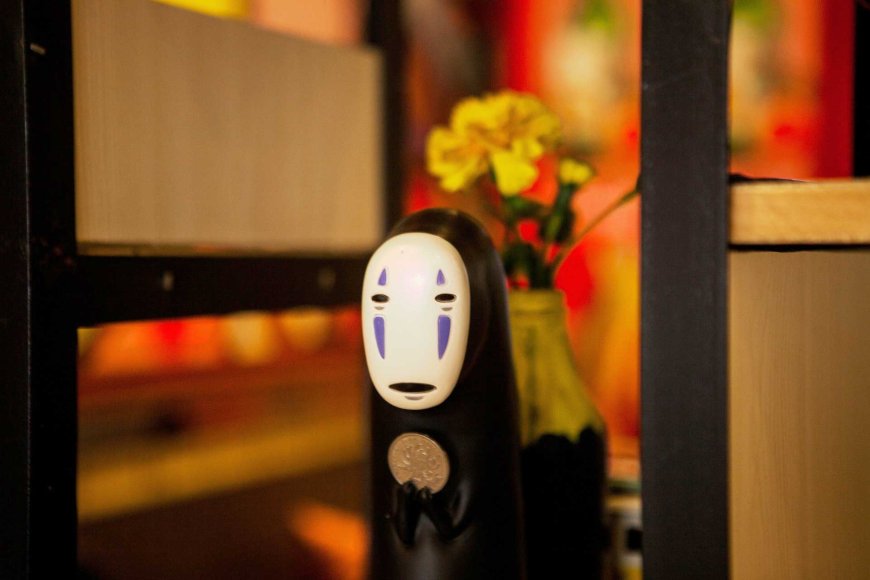Japanese Culture Through Cinema
The vibrant world of Japanese cinema, where tradition meets innovation and storytelling transcends borders. From the samurai epics of Kurosawa to the whimsical fantasies of Miyazaki, Japanese films offer a kaleidoscopic journey through the heart of Japan's rich culture.

A Cinematic Journey Through Japan
Japan, a land where tradition and modernity harmoniously coexist, has captured the imagination of filmmakers worldwide. From the serene landscapes of rural Japan to the bustling streets of Tokyo, Japanese cinema offers a window into the rich tapestry of its culture. But amidst the vast array of cinematic treasures, one question persists: What is the movie that best represents Japanese culture? Let's embark on a cinematic exploration to find the answer.

1. Akira Kurosawa's "Seven Samurai": A Glimpse into Bushido
No discussion about Japanese cinema would be complete without mentioning Akira Kurosawa, a towering figure whose influence reverberates through the annals of film history. In "Seven Samurai," Kurosawa masterfully intertwines elements of samurai ethos, honor, and sacrifice against the backdrop of feudal Japan. The film's portrayal of the samurai, bound by the code of Bushido, offers a profound insight into Japanese values of loyalty, duty, and selflessness.

2. Yasujirō Ozu's "Tokyo Story": Reflections on Family and Tradition
Yasujirō Ozu's "Tokyo Story" stands as a poignant meditation on family dynamics and societal change in post-war Japan. Through the simple narrative of an elderly couple visiting their grown children in Tokyo, Ozu delves into themes of filial piety, generational conflicts, and the erosion of traditional values in a rapidly modernizing society. The film's contemplative pace and understated performances evoke a deep sense of nostalgia and melancholy, resonating with audiences across generations.

3. Hayao Miyazaki's "Spirited Away": Magical Realism and Japanese Folklore
Hayao Miyazaki's enchanting masterpiece, "Spirited Away," transports viewers into a fantastical realm where spirits, gods, and supernatural creatures converge. Set in a bathhouse for spirits, the film draws heavily from Japanese folklore and mythology, weaving a captivating tale of courage, friendship, and self-discovery. Through its rich imagery and universal themes, "Spirited Away" transcends cultural boundaries to captivate audiences worldwide, earning its place as a quintessential representation of Japanese storytelling tradition.

4. Juzo Itami's "Tampopo": Culinary Delights and Cultural Identity
"Tampopo," directed by Juzo Itami, celebrates the culinary heritage of Japan while offering a whimsical exploration of cultural identity and societal norms. Centered around the quest for the perfect bowl of ramen, the film traverses various vignettes that humorously dissect the intricacies of Japanese food culture. From the art of noodle slurping to the philosophy of gastronomic pleasure, "Tampopo" serves up a delectable feast for the senses while offering subtle commentary on the role of food in shaping Japanese identity.

5. Takeshi Kitano's "Hana-bi" (Fireworks): Meditations on Life and Death
Takeshi Kitano's "Hana-bi" (Fireworks) delves into the existential struggles of its protagonists against the backdrop of Japan's urban landscape. Through its minimalist style and contemplative tone, the film explores themes of redemption, loss, and the transient nature of existence. Kitano's portrayal of stoic masculinity and the fragile beauty of human connections lends "Hana-bi" a haunting resonance that lingers long after the credits roll, offering a profound reflection on the human condition.

A Kaleidoscope of Japanese Cinema
In the world of Japanese cinema, diversity reigns supreme, with each film offering a unique lens through which to view the intricacies of Japanese culture. While the question of the movie that best represents Japanese culture may remain elusive, the cinematic landscape of Japan continues to inspire and captivate audiences around the globe. Whether through the timeless wisdom of Kurosawa, the gentle introspection of Ozu, or the imaginative flights of Miyazaki, Japanese cinema invites us on a transcendent journey through the heart and soul of Japan.
Find Cheap Flight Tickets to any Destinations in Japan and the Philippines
Nipino.com is committed to providing you with accurate and genuine content. Let us know your opinion by clicking HERE.






























































